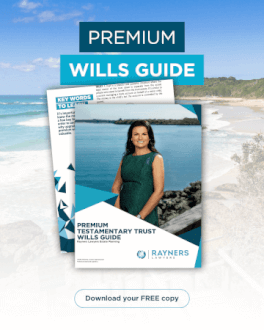Welcome to our FAQs
Planning for the future comes with a lot of questions, and we’re here to make the answers simple. Explore our collection of short videos and guides below, where we break down common questions about Powers of Attorney, Testamentary Trusts, and Enduring Guardianship.
Each video is answered by Kirsty Rayner, Principal Solicitor, who brings years of specialist education and experience to help you understand your options. Our aim is to give you clear, practical insights so you can make confident decisions for yourself and your loved ones.








































